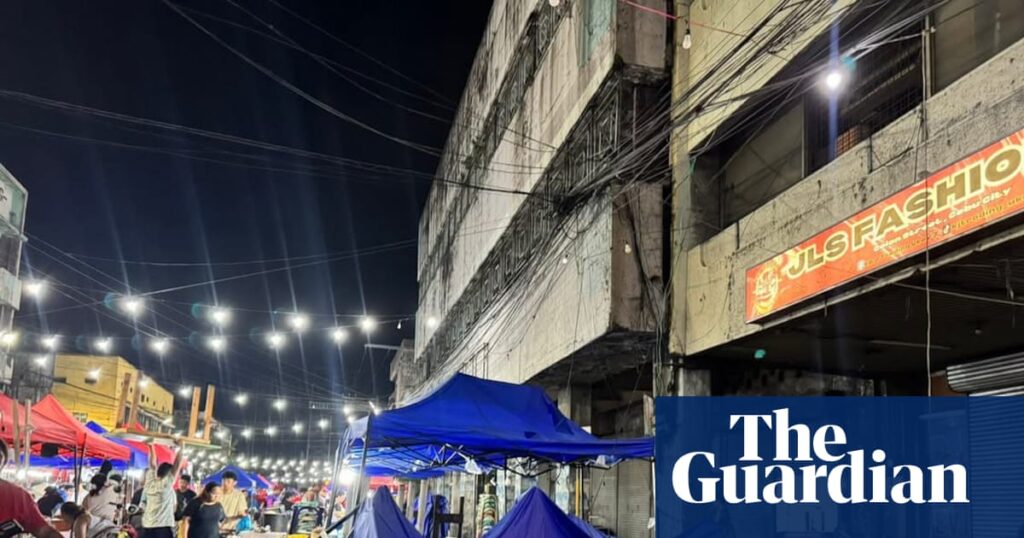The death toll from a magnitude 6.9 earthquake in the central Philippines has risen to 22, local media reported, citing reports from the Cebu provincial information office.
The report from DZMM radio came as rescuers searched for casualties in the province after Tuesday night’s quake damaged buildings and roads and knocked out power in parts of the region.
The epicentre of the earthquake, which was set off by a local fault, was about 17km (10 miles) north-east of Bogo, a coastal city of about 90,000 people in Cebu province where at least 14 residents died, disaster-mitigation officer Rex Ygot told the Associated Press by telephone.
Six people, including three coast guard personnel, a firefighter and a child, were killed separately in San Remigio town, south of Bogo, the town’s vice mayor, Alfie Reynes, told the DZMM radio network without elaborating how the victims died.
Reynes appealed for food and water, saying San Remigio’s water system was damaged by the earthquake.
Municipal workers checked a collapsed public building and a gym, both in the north of the island of Cebu, hours after the quake struck at 9.59pm (1359 GMT), said Wilson Ramos, a provincial rescue official.
“There could be people trapped beneath collapsed buildings,” he said, adding that rescue efforts were under way in the town of San Remigio and in Bogo. He said he did not know how many people were missing.
The Philippines, one of the world’s most disaster-prone countries, is often hit by earthquakes and volcanic eruptions due to its location on the Pacific “Ring of Fire”, an arc of seismic faults around the ocean. The archipelago is also hit by about 20 typhoons and storms each year.
On Tuesday night, recovery efforts were hampered by the dark as well as aftershocks, Ramos said. The US Geological Service has recorded four quakes of magnitude 5.0 or higher in the area since the first tremor.
Martham Pacilan, 25, who lives in the resort town of Bantayan, also near the quake centre, said he was at the town square near a church, which had been damaged.
“I heard a loud booming noise from the direction of the church then I saw rocks falling from the structure. Luckily no one got hurt,” he said. “I was in shock and in panic at the same time but my body couldn’t move, I was just there waiting for the shake to stop.”
The Cebu provincial government reported a commercial building and a school in Bantayan had collapsed, while a number of village roads had sustained damage.
In Bogo, the quake damaged the concrete walls of houses, a fire station and roads, firefighter Rey Cañete said. “We were in our barracks to retire for the day when the ground started to shake and we rushed out but stumbled to the ground because of the intense shaking,” Cañete told the AP, adding that he and three other firefighters sustained cuts and bruises.
The quake caused power lines to trip, leading to outages across Cebu and nearby central islands, the Philippines National Grid said, adding it was assessing the extent of the damage.
The Cebu provincial governor, Pamela Baricuatro, urged residents in a live video message on her official Facebook account to “stay calm and move to open areas; keep away from walls or structures that may collapse and stay alert for aftershocks”.
She said the provincial government was assessing the situation and contacting municipal officials.
The US Geological Service had reported a magnitude reading of 7.0, before revising it down, while the Pacific Tsunami Warning Center said there was no tsunami threat.
With Agence France-Presse and Associated Press

